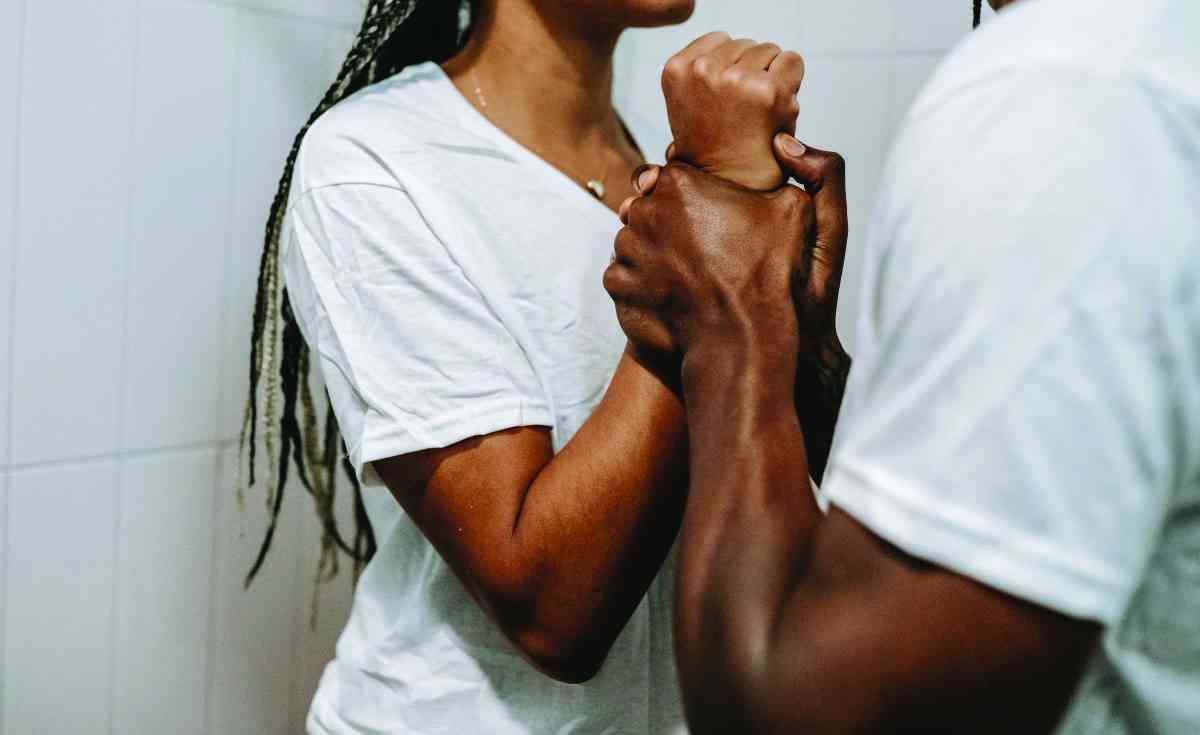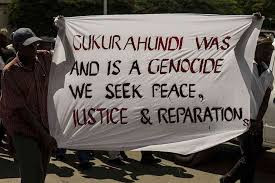
AN estimated 20 000 girls and women have sought help and filed cases of gender-based violence with Musasa Project this year alone, prompting rights activists to call for increased efforts to address this pervasive issue.
Musasa Project, a non-governmental organisation established in 1988 to combat violence against women and girls, said these cases could only be the tip of the iceberg, as many incidents often go unreported.
This information emerged during a media engagement workshop aimed at advancing gender equality and women's rights, organised by United Nations (UN) Women in partnership with the Women's Coalition of Zimbabwe.
According to Musasa Project's statistics, since January, 6 488 cases have been reported at their static one-stop centres, while 2 050 cases were reported at mobile one-stop centres.
Additionally, 2 834 survivors have been housed in their shelters. The district offices have served 330 survivors, and the shuttle services have supported 6 479 survivors.
“The call centre has received a total of 1 872 calls this year so far,” Musasa Project programmes officer Tinashe Chitunhu said.
“And if we look at it in total, we have received or we have provided services to 20 053 survivors this year.
“The prevalence of gender-based violence is very widespread. These are the cases of survivors who come to report. There are many others who do not report.
“Lessons from Covid-19 pandemic lockdown actually showed us that during pandemics and emergencies, there is a negative effect on women and girls' safety and security.
“We are talking about this year being a drought. So we are highly anticipating that these figures are actually going to increase further,” she added.
Chitunhu emphasised the need for consistent media coverage of gender-based violence throughout the year.
"More coverage of gender-based violence outside the commemorative days of activism, your 16 days, your International Women's Day (must be done),” she said.
“That is when usually we see a lot of information or a lot of media coverage in terms of gender-based violence. “There is a need to cover more in terms of even what services are available for women who experience violence.
“Don't just end reporting on a case around gender-based violence and not even highlight or inform communities around services that would-be survivors would be able to access."
But Zimbabwe Media Commission (ZMC) executive secretary Godwin Phiri said the gender bias in media ownership was impeding fair media coverage on gender issues.
“It also goes to the issue of structures,” Phiri said. “Who owns the media? Who are the decision-makers and what culture do they promote?
“In our ZMC database, we have only two female publishers out of 210 registered media titles. That can tell you a lot. It also speaks to the reporting cultures that you see in the media.
“So until we work together to speak to issues on shifting culture. We may come up with policies, but without the appreciation of the need to change the way we are doing things we won’t register much progress,” he added.






